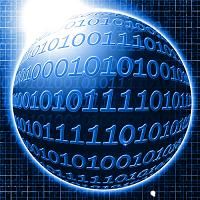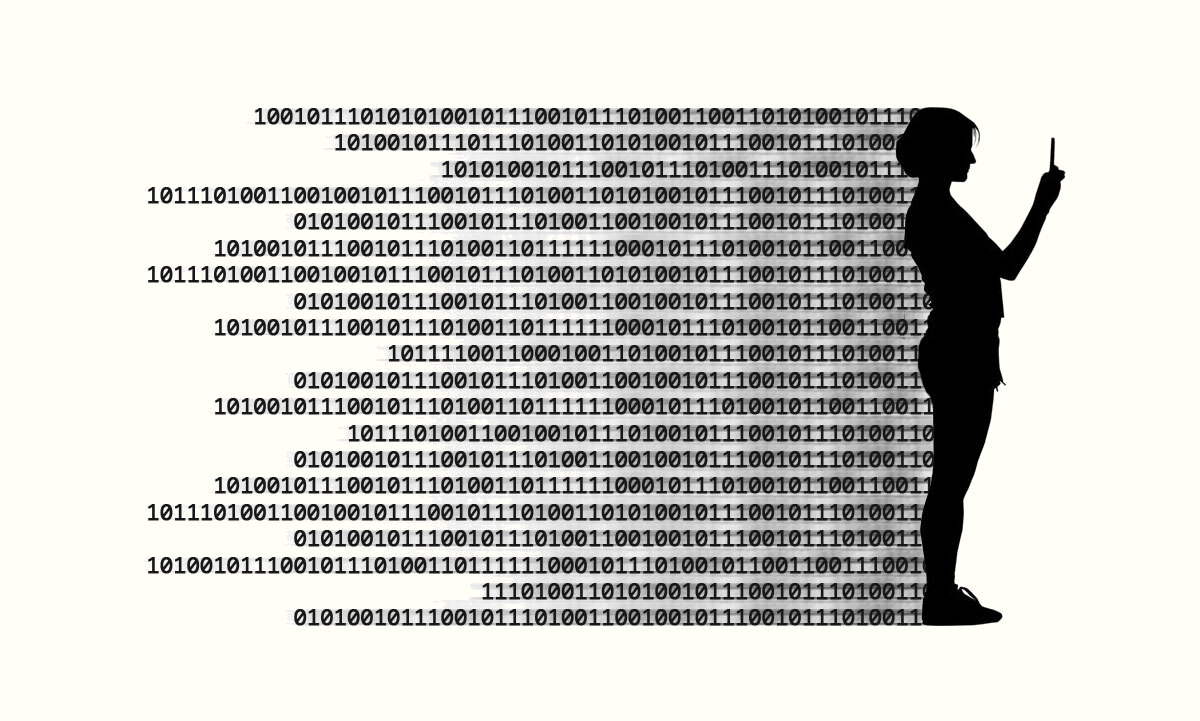Row over US ISP customer data sales
US politicians have voted to remove rules that demanded ISPs got permission from customers before selling their browsing histories.
The US Senate voted by a narrow majority to repeal the rules that were first approved in October 2016.
Politicians who called for the rules to be dropped said they were "harmful".
The decision was called a "crushing loss" for privacy by digital rights group the Electronic Frontier Foundation (EFF).
'Gold mine'
The rules were drawn up when the US Federal Communications Commission (FCC) was overseen by a broadly democratic leadership. The requirements, which also covered the ways ISPs stopped data being stolen, were due to come into force by December 2017.
The Trump presidency led to changes at the top of the FCC and prompted scrutiny of some of its decisions - including the broadband privacy provisions.
Members of the US Senate who introduced the measure to overturn the FCC rules said they were "overreaching" and could "stifle" economic growth.
ISPs and advertising groups had lobbied for the rules to be dropped.
Current FCC chairman Ajit Pai, who was appointed by President Trump, said the rules threatened to confuse consumers as they were different to those imposed on web firms such as Google and Facebook.
Following the decision by the Senate, the proposal now passes to the House of Representatives which has an overwhelming Republican majority and is likely to be approved.
If the rules are dropped, US ISPs would be allowed to gather data on customers, their browsing histories, viewing habits, location and app usage. This package of data can then be sold to advertisers or marketing firms without letting customers know who is getting it or how it was gathered.
Democrat Senator Bill Nelson, who wanted the rules to be approved, said the repeal of the rules would let ISPs amass a "gold mine" of data.
"They want to collect and use this information without providing transparency or being held accountable," Mr Nelson told news site Ars Technica.
The EFF urged Americans to contact their representatives to ask them to "kill" the proposal in the House. ISPs had "incredible access" to what people did online, it said.
"They shouldn't be able to profit off of the information about what you search for, read about, purchase, and more without your consent," it added.





